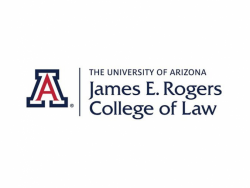Human Centered Design
What is Human Centered Design? Approaching access to justice problems leveraging human-centered design and empathy based solution building. Based on interdisciplinary methodologies, this approach encompasses the skillsets used across industries and recognized as "justice design", "public interest design", "justice innovation", "design thinking", and "user design". Common across them are foundational principles that emphasize empathy.
Human Centered Design recognizes the range of users in justice systems including self-represented litigants, judges, courts, legal aid, bar associations, libraires, techonologists and legal educators, among others. The following list of resources and currently deployed to inform human centered approaches:
- 18F User Experience Design Guide is a starting point for UX design at 18F, an office of the U.S. General Services Administration focused on improving design and technology.
- HiiL (The Hague Institute for Innovation of Law) is a social enterprise devoted to user-friendly justice
- Nielson Norman Group publishes materials and articles related to UI/UX
- Stanford Legal Design Lab, publishes contemporary materials and articles related to legal design
- UI/UX Resources: compiled resources for UI/UX beginners
- Usability.gov is the leading resource for user experience (UX) best practices and guidelines, serving practitioners and students in the government and private sectors. Content is managed by the Digital.gov team in the U.S. General Services Administration (GSA) Technology Transformation Service
- User Interviews Field Guide, articles and guides with detailed information for conducting user testing
Skills highlighted in the materials found in this library include:
-
User-forward thinking
-
Empathy
-
Flexibility
-
Wilingness to collaborate
-
Adaptability
-
Responsiveness
-
Appreciation for feedback and iteration
-
Teachability
See SRLN Brief: Intro to Design Thinking (SRLN 2017) to learn more about justice design generally or explore the resources found on this page.
See Resource: SRLN Legal Design Bibliography (SRLN 2020) for a curated list of research, thought leadership, and case studies related to legal design.
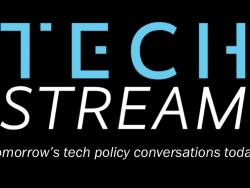
Article: Designing Digital Services for Equitable Access (McDonald 2021)
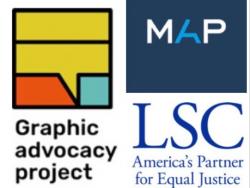
Report: Better _______: Strategies for User-Informed Legal Design (Michigan Advocacy Program and Graphic Advocacy Project 2021)

Note: Sixth Amendment Challenge to Courthouse Dress Codes (Harvard Law Review 2018)
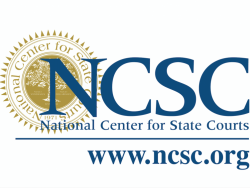
Resource: National Center for State Courts Tiny Chat 48: User Testing (NCSC 2021)
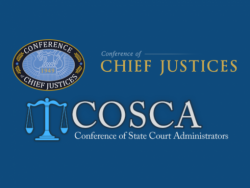
Resource: Guiding Principles for Post-Pandemic Court Technology (CCJ/COSCA 2020)
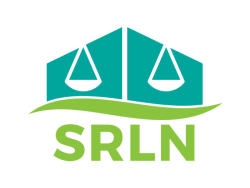
Resource: SRLN Legal Design Bibliography (SRLN 2020)
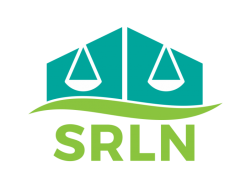
Webinar: SRLN Problem Solving Call - Remote Usability Testing and User Feedback (Mathias Burton 2020)
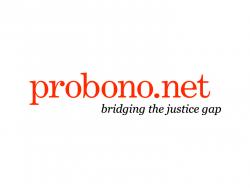
Article: Pro Bono Net's Digital Divide Blog Series (PBN 2020)

Website: IAALS Honoring Families Initiative (IAALS)
